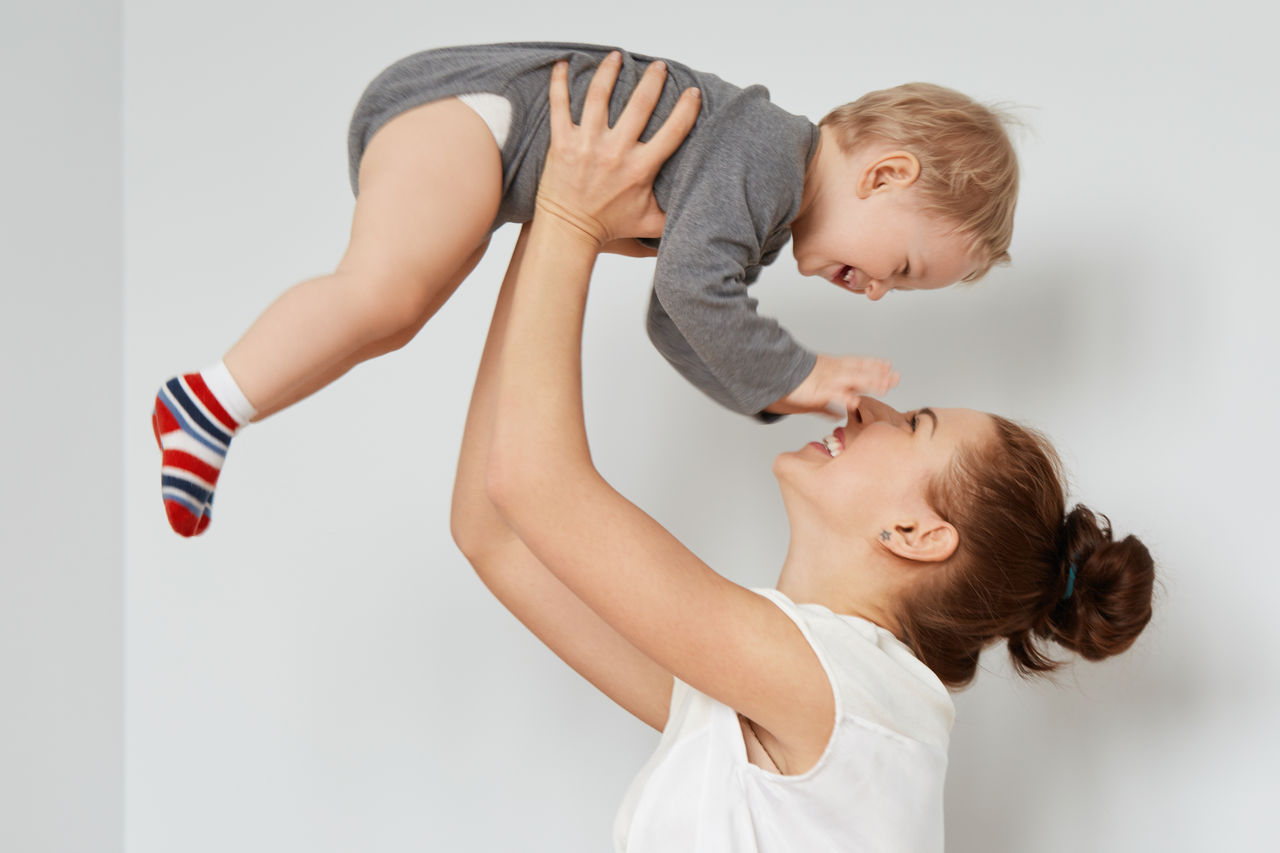- Reach out to others for support and advice
- Expect routine disruptions, tears and illness
- Putting your child in day care gets easier for you both over time
What Leah learnt when her children started day care

Key points
Leah Williams from The Dearest Days
When it came time to send my daughter to day care, I felt a mix of emotions. I was ready to have some time apart, but the prospect of trusting someone else with her care made me anxious (even though her educators were beyond capable). It got easier, but there were a lot of things to get used to during that first month.
I’m sharing 5 lessons I learned from the process in the hopes they will help you, too. Just remember to feel what you need to feel about this big step in your little one’s life – and try to let go of mum guilt, because your goals and ambitions matter as well.
I discovered I needed a support team
When it was time to start my daughter at day care, I was fortunate enough to have a mothers’ group with 4 other amazing women to turn to for advice. Their children had all already started day care, so I talked to them about what to expect, how I would feel, and how my little one might react.
In terms of preparing my one year old daughter at the time, I explained what was going to happen. Depending on the age of your child, their level of understanding will be different, but it helped me to reassure her that each time I left, I’d always come back.
I came to rely on check-ins (and check-ups)
When my kids started day care, I was calling once or twice a day just to check in and see how they were doing. It really helped to ease my mind knowing they were OK without me. The educators will expect and welcome this, so don’t worry if you feel overbearing.
Also, in the first few months, sickness will be a big challenge. Just try and be flexible and cope with it as best you can.
I accepted routine disruptions and tears
My daughter has always been a routine-based child. And when she started day care, she stopped napping until about two months in, after she’d adjusted to the environment. Similarly, my son has 2 sleeps at home but only one at day care, so you can see how routine disruption can change things. To work around this, I tried to squeeze in a quick nap on the trip home or I brought their bedtimes forward. The trick is to relax the routine and take each day as it comes.
On that note, pick-up and drop-off can also be tough. Tears and tantrums happen. My son, in particular, still struggles with it. It helps me to try and depart quickly and cheerfully. I also try to remind myself that sometimes he just has an off day, like we do as adults.
I realised how much kids develop in day care
I was constantly amazed by my kids’ ability to soak up new things at such a young age. Day care became such an important part of my daughter’s life. She developed her own ways of socialising away from me and my husband, and made her own friends and routines. My son also came home knowing songs and rhymes we’d never played in the house.
I learned how resilient my kids were
The most important thing to know about that first month is that it will get so much easier for everyone. Day care soon became a familiar and caring environment where my daughter knew she was going to have a fun time. It helps to think of those first few weeks as a transitional, settling–in phase, but know that it does get better, you will get through it and your kids will probably adjust quicker than you expect.
Related pages

Get in touch with our Careline experts
When your little one is unhappy or unwell you want reliable support from a trusted source. Our Careline team of nutritionists, dietitians and midwives specialise in infant and child health, offering free nutrition, feeding and product information.
Every feeding journey is unique
Not every parent can produce breast milk. No matter what choice you make, we will support your unique feeding journey.
We at Nutricia believe in providing the best nutrition for babies, which is why we recognise breast milk is uniquely superior for babies as it provides many benefits. It is important that mums have a healthy diet to support breastfeeding. A decision not to breastfeed, or partial bottle feed, may reduce breast milk supply making it difficult to reverse. The cost and social implications of using feeding methods should be considered. Always seek professional advice about feeding your baby. Ensure formula is used as directed as improper use can affect baby’s health.
REMEMBER: The information on this page is general only. If you have any concerns about your baby’s poo or questions about constipation or any other health concerns, please speak to a healthcare professional, like a Pharmacist, GP or Maternal Child Health Nurse.



